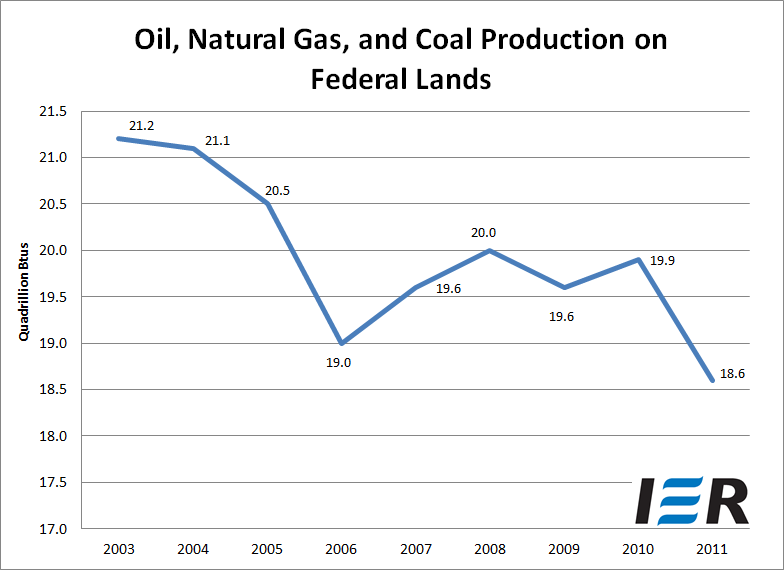Response to NM management of federal lands
Recently, I wrote an article that appeared in several papers statewide on the need for New Mexico to re-assert control over land within its boundaries that is controlled by Washington (not tribal, national park, or military, but much of the rest). Not surprisingly, given the dramatic nature of the problem and the paradigm shift that such a process would entail, that article drew a response.
In essence, the author notes the large number of wild fires taking place in New Mexico and elsewhere and claims that our state could not afford to fight such fires absent assistance from the federal government. I believe that this article misses the point entirely and is quite simply not a good reason for New Mexico not to reassert control over its own land. Here are some reasons:
1) The author assumes that existing land practices would continue much as they have in the past. That is not the case. For a variety of reasons, the federal government has badly mismanaged many of these lands. Absent thinning and a variety of other management to reduce the likelihood of raging fires, we have seen the intensity of those fires increase dramatically. See this article for details.
2) States can increase revenues from activities on federal lands. The federal government does not have the same incentive to maximize revenue on its lands while also preserving those lands. It is quite likely that states could generate a great deal more revenue to more than offset the additional cost of managing these lands. As the following chart shows, in recent years, oil and gas production has declined on federal lands while it has increased dramatically on privately-held lands in the US.

3) While the federal government does fight Western wildfires, it is by no means the only entity to do so and Washington has been cutting funding for such efforts while states are exploring ways to cooperate and share resources. Washington gets money from the same place as the various states do (taxpayers) and it makes sense for regional and local leaders to step up to the plate as Washington steps back. At the same time, shouldn’t we get more say in how our lands are used?
While residents of the west are hoping for more water in the form of rain, the arguments outlined in this article won’t hold any water.
